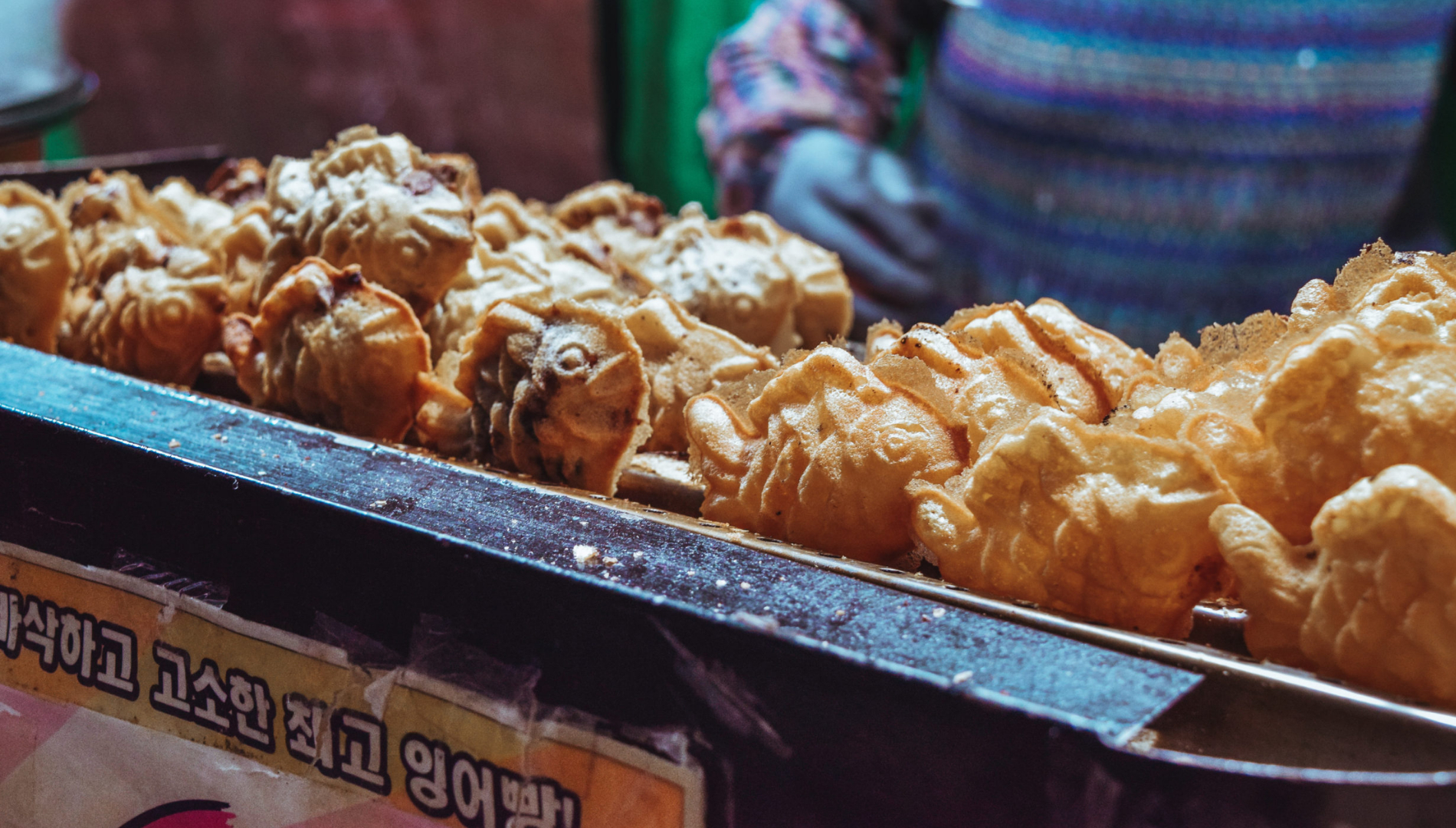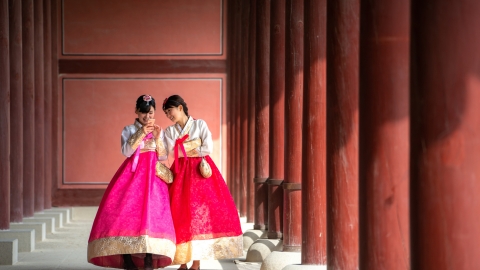Bungeoppang, the golden-yellow carp-shaped rice cake with sweet red bean filling, once an unforgettable symbol of Korean winter, is now gradually disappearing from the streets.
According to the Korean Times, this decline is truly regrettable, because bungeoppang is not just a snack but also a part of childhood memories for many generations of Koreans. We all eagerly awaited winter to enjoy this hot, crispy bun with its golden crust and fragrant red bean filling.
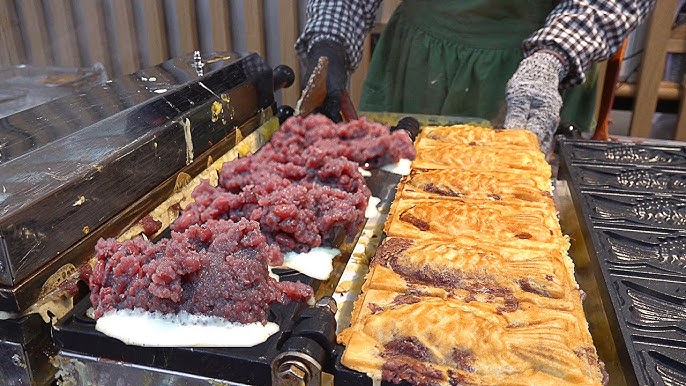
Korean winters seem incomplete as bungeoppang – the golden, crispy carp-shaped pancake, a symbol of the cold season – becomes increasingly scarce.
From a popular, affordable snack costing just 100 won each in the 1990s, bungeoppang has now become rare and ten times more expensive. Furthermore, rising raw material costs have made it difficult for many small vendors. All these factors have contributed to the declining popularity of bungeoppang, leaving many feeling regretful.
In fact, street vendors have faced an enormous challenge as the prices of key ingredients for making bungeoppang have skyrocketed this year. Red beans, an indispensable ingredient of this dish, have been severely affected by natural disasters such as floods and droughts that occurred during the summer.
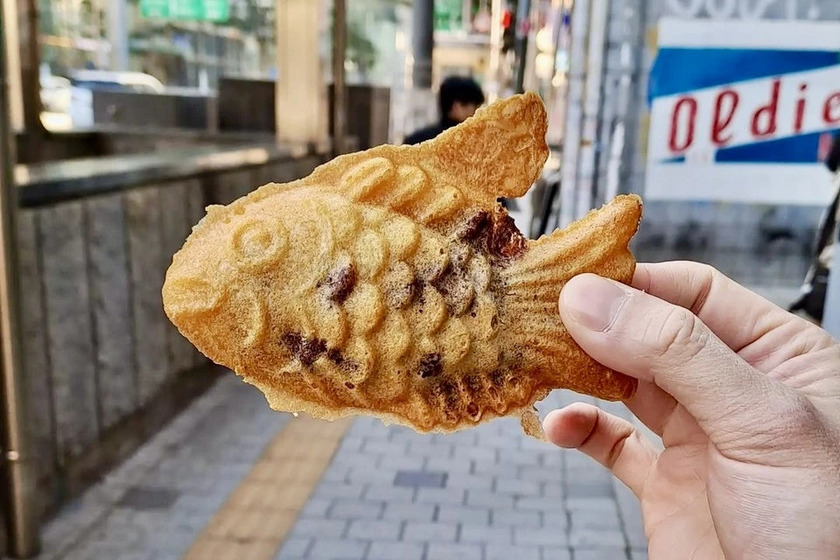
The gradual disappearance of this type of pastry is not only a loss to Korean street food but also raises many questions about the changing culinary culture.
According to statistics, the price of red beans has skyrocketed, reaching 264,000 won per 40kg, 52% higher than the same period last year. This means that the cost of producing bungeoppang has increased significantly, putting many small-scale vendors in a difficult situation.
These price increases have caused bungeoppang to no longer be pegged at 100 won per piece (approximately 1,800 VND). Currently, most vendors sell them for 1,000 won per piece (approximately 18,000 VND) or 2,000 won for three pieces (approximately 36,000 VND). Some varieties with cream filling instead of red bean paste are priced slightly higher, around 2,000 won per piece.
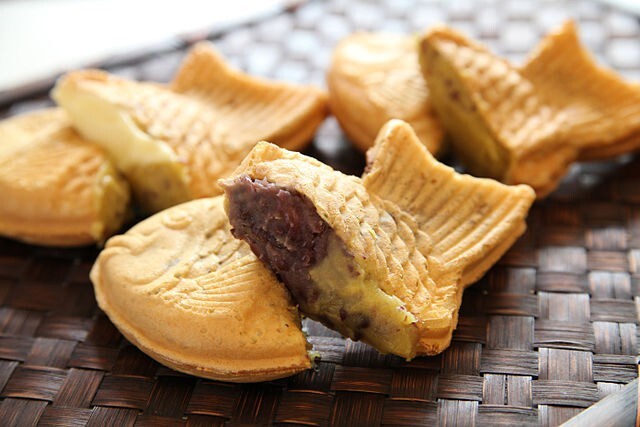
A famous traditional Korean dish enjoyed by generations.
Koreans' habits of enjoying bungeoppang are gradually changing. While in the past, people usually bought hot bungeoppang from street vendors, nowadays, many choose to buy frozen bungeoppang to make at home.
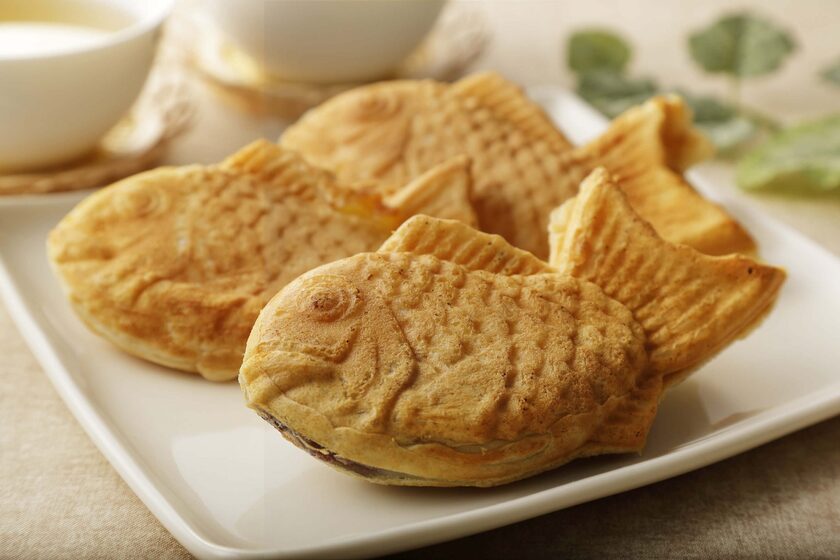
The changing times are gradually eroding traditional values that hold many cherished memories.
The convenience of frozen products has attracted a large number of customers, especially young people. According to the Korean Times, many people have expressed surprise at the rapid growth of the frozen bungeoppang market and are not hesitant to try new and unusual flavors.
Enjoying a steaming hot bungeoppang on a cold winter day always evokes special feelings that no mass-produced product can replace. Each traditional dish carries a story, a memory, and a part of the country's soul. The gradual disappearance of bungeoppang serves as a wake-up call about the importance of preserving traditional culinary cultural values in Korea.

 VI
VI EN
EN



